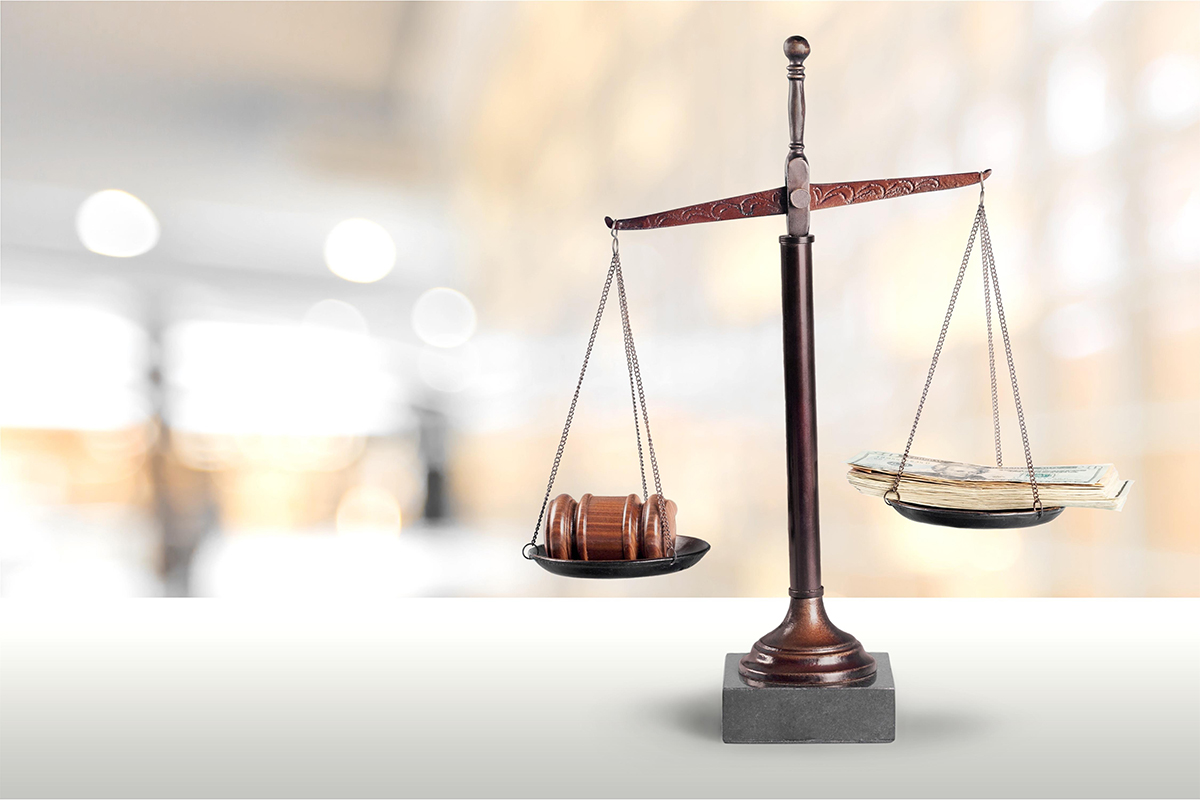GULFPORT — A federal judge on Tuesday appeared undecided over whether he should strike down a Mississippi election law that allows election officials to process mail-in absentee ballots up to five days after an election.
U.S. District Judge Louis Guirola in Gulfport heard arguments from attorneys representing two political parties, a state agency and a veterans advocacy organization over whether the state law conflicts with federal election law.
The state Libertarian Party, the state and national Republican parties and a county election commissioner are the plaintiffs in the suit. They contend the state law runs afoul of federal election statutes because only Congress should set federal election schedules.
Secretary of State Michael Watson’s office, who oversees the agency that administers elections, is the defendant in the suit. His office argues the state law does not conflict with federal regulations and that the political parties have not shown that it diminishes their chances of winning an election.
The Tuesday hearing centered on the legal definition of Election Day, why America has an Election Day and how much leeway states have in administering federal elections.
“The real dispute here is over the meaning of Election Day,” said Conor Woodfin, an attorney representing the Republican Party plaintiffs.
The state law in question is a 2020 state law passed by the Legislature amid the COVID-19 pandemic that allows local election workers to process mail-in absentee ballots for up to five days after an election. The law only permits workers to count the mail-in votes if the ballots were postmarked by the election date.
Woodfin and Russell Nobile, the attorney representing the state Libertarian Party, argue that Election Day ends when election officials receive the last ballot. Under this logic, they claim the state law violates federal law because it extends the election date.
Special Assistant Attorney General Rex Shannon III, the attorney representing Watson, argued Election Day ends when voters cast their ballots in the mail. Since the law requires voters to mail absentee ballots by Election Day, the law is not extending the election.
“Once a voter deposits a ballot in the mail, that vote has been irretrievably cast,” Shannon said.
However, a critical issue that could determine the case’s outcome may not be the lawsuit’s merits but rather whether the plaintiffs have legal standing to bring the suit in the first place – something Guirolla quizzed the attorneys about during the hearing.
The litigation comes at a time when voter confidence in elections is at an all-time low and when candidates have started to dispute election results more frequently.
The state Senate passed a bill to repeal the law earlier this year during the legislative session, but it died in the state House. Senate Elections Chairman Jeremy England, R-Vancleave, said it was time to repeal the five-day window because voters did not like that election workers received ballots after an election.
Guirola asked Shannon “out of curiosity” why the bill failed to gain traction during the legislative process. Shannon responded that he couldn’t answer that question because he was not representing the Legislature in the case — only Watson’s office.
“Well, my curiosity will remain unquenched,” Guirola responded.
Chris Dodge, an attorney representing Vet Voice, a veterans advocacy organization that intervened in the lawsuit, said despite how political groups currently feel about the absentee ballot law, several states have post-Election Day ballot receipt laws on the books to accommodate voters.
“These laws are not the novelties these plaintiffs assert they are,” Dodge said.
Guirola did not issue a ruling on any pending motions on Tuesday because he wanted to review relevant case law and reflect on the oral arguments. The senior status judge said there is, “no category of case that is more critical” than a voting rights case.
“I’m not going to take a vacation or anything,” Guirola said. “This is an important case, and I have to get it right.”
After Guirola’s ruling, an aggrieved party could appeal to the U.S. Court of Appeals for the 5th Circuit for a different outcome. But a prompt resolution before November’s presidential and congressional election would be vital. The appellate process is lengthy and time-consuming, and different rulings from the district and appellate courts could lead to voter confusion.
Mississippians can request an absentee ballot application starting September 6, and the earliest day they can vote by absentee is September 23, according to the secretary of state’s elections calendar.

